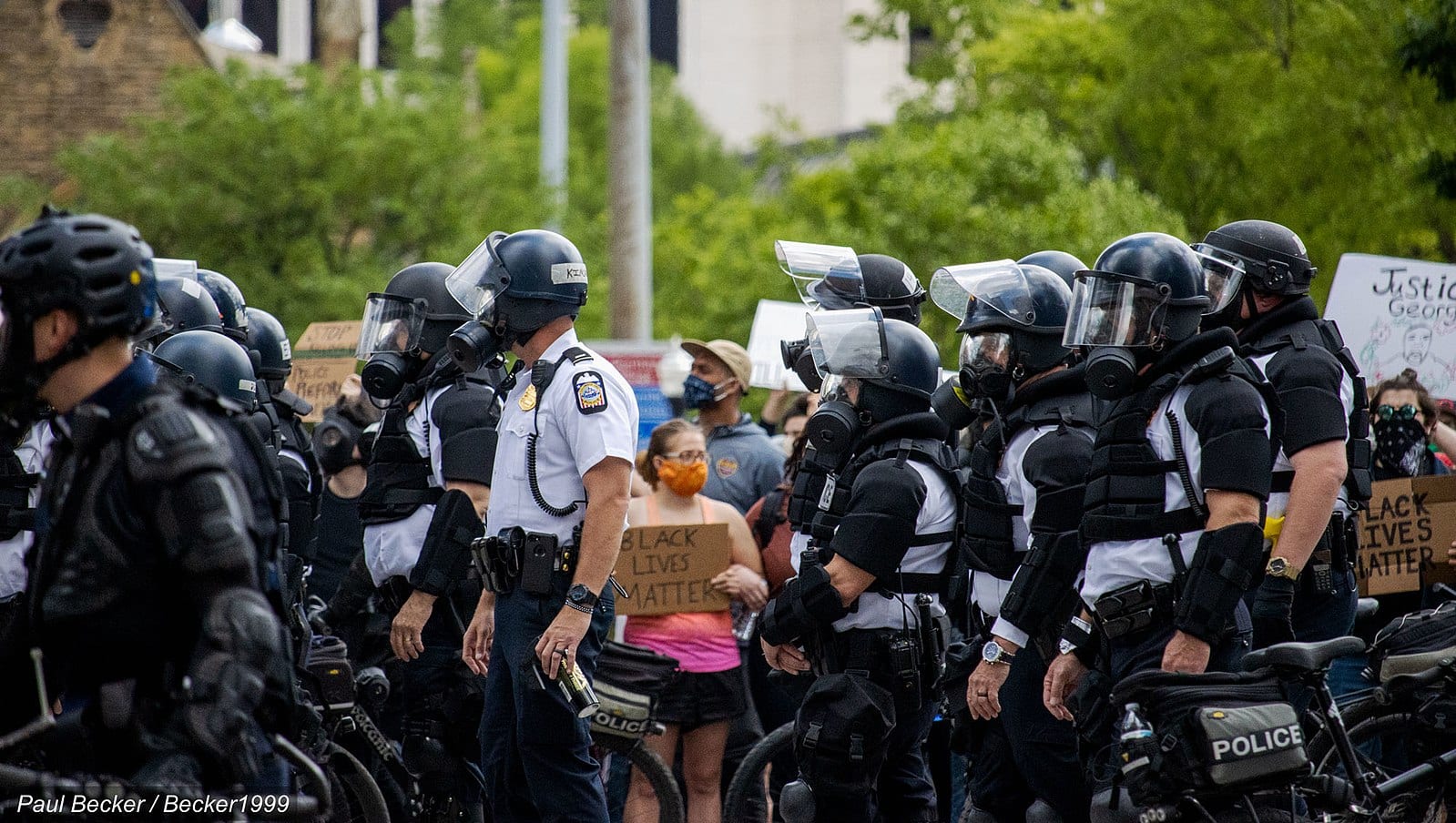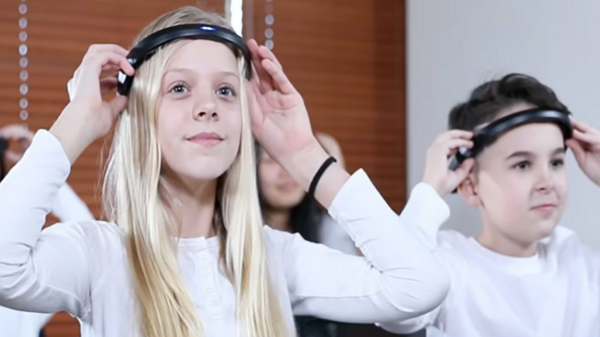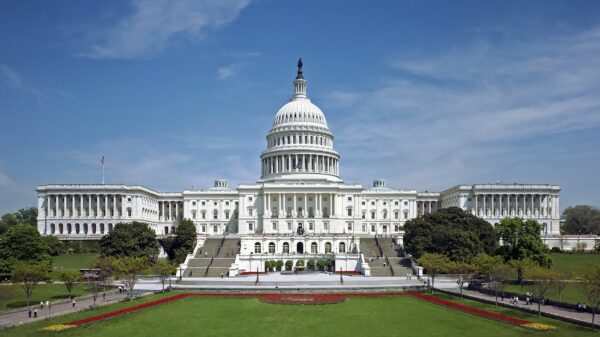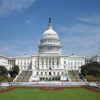A new resolution condemning police brutality was introduced in the Democrat-controlled U.S. House of Representatives on Friday, citing the war on drugs as contributing to “the systemic targeting of and use of deadly and brutal force against people of colour, particularly black people.”
The resolution calls for increased police accountability, following recent police killings of George Floyd in Minnesota and Brennoa Taylor in Kentucky. The deaths and a history of unarmed black citizens being killed by police have sparked protests and riots in the U.S., as well as demonstrations worldwide, with many demanding the officers involved face criminal charges proportional to their alleged crimes.
But creating more oversight isn’t the best way to reduce police brutality, says Akwasi Owusu-Bempah, an assistant professor at the University of Toronto.
As an expert on the intersection of race, crime and criminal justice, Owusu-Bempah says the best way to reduce police violence is to scale back the funding and amount of responsibility police have.
“For centuries we simply asked the police to do more and more and more,” he said. “They are primary responders in issues involving homelessness, mental health and a whole host of other social ills — and of course related to substance use and addiction. I don’t think police are the right institution to be engaging in those areas. I’d rather see a culture of less policing rather than police oversight.”
Owusu-Bempah recommends demilitarizing the police and diverting funds from law enforcement to other social services.
“We’re not going to police our way out of mental health and public health crises,” he said. “We certainly do not need armoured vehicles and automatic weapons to be dealing with the manifestation of deeply rooted social problems.”

Americans protest police violence in Minneapolis, Minnesota May 26, 2020. Photo by Fibonacci Blue via Wikimedia Commons
Call to end police brutality, create checks and balances
Friday’s resolution calls on the House of Representatives to condemn the brutality, racial profiling and use of excessive force by police officers and to create checks and balances for police power by making the Department of Justice review all instances of police brutality, violence and racial profiling. It calls for the creation of an independent all-civilian review board, and to demilitarize the police.
The resolution was introduced by four Democratic congresswomen: Massachusetts Rep. Ayanna Pressley; Minnesota Rep. Ilhan Omar; chair of the Congressional Black Caucus and California Rep. Karen Bass; and California Rep. Barbara Lee.
We can’t just continue to watch our communities be brutalized by the police.
I am proud of my sisters in Congress for joining me in condemning police brutality and look forward passing this resolution. https://t.co/qeSaRB5dMZ
— Ilhan Omar (@IlhanMN) May 29, 2020
“The war on drugs, mass criminalization, and increasingly militarized police forces have led to the targeting, torture and murder of countless Americans, disproportionately black and brown,” Rep. Omar said in a statement. “The murder of George Floyd in my district is not a one-off event. We cannot fully right these wrongs until we admit we have a problem.”
America’s war on drugs and an increasing militarization of police creates a need for an enemy of the war, Owusu-Bempeh says, “So rather than treating civilians as civilians, civilians become enemies.”
‘Decades-long, multibillion-dollar, racist war’
In an April report, the American Civil Liberties Union called the war on drugs a “decades-long, multibillion-dollar, racist war against people who use marijuana,” and a “pretext for the criminalization of black and brown people.”
In the report, the ACLU found black Americans were 3.64 per cent more likely to be arrested for cannabis possession, despite white and black people having similar rates of cannabis use. This rate is down from 3.73 per cent in 2010, according to a previous ACLU report.
Read more: ACLU highlights persisting racist cannabis enforcement in 4/20 report
Regardless of state laws, black people are arrested at higher rates than white people for possession, though the disparities in arrests are lower in states like California or Nevada, the ACLU said. Montana, Kentucky, Illinois, West Virginia and Iowa had the highest arrest disparities, from 9.62–7.26 per cent, respectively.
Targeting people for cannabis possession means limiting their ability to participate in society, Owusu-Bempah says. A criminal record makes it harder to get a job, finish school, gain meaningful employment, volunteer, take care of children and vote in the U.S.
“Through criminalization we exclude people, and we further marginalize people from our society, and we create the conditions in which violence is likely to flourish,” he said. Especially in disadvantaged neighbourhoods, where “so much human capital has been systematically stripped away from those communities in part as a result of policing associated with the war on drugs.”
In 2018, American police made 700,000 weed-related arrests, which is more arrests than for all violent crimes combined, according to the ACLU.

Americans protests police actions that lead to the death of George Floyd, in Lafayette Square, Washington DC. Photo by Rosa Pineda via Wikimedia Commons
‘There is no justice for George Floyd’
On Friday, the ACLU endorsed the resolution, adding its support alongside drug policy reform advocacy group the Drug Policy Alliance.
“Black people should not have to live in fear of being killed by police, yet the recent killings of George Floyd and others show how little our government has done to prevent officers from taking Black lives,” ACLU executive director Carol Rose said in a statement. “This resolution reflects the dire need for drastic and swift policy change.”
As cannabis policy reforms made up until now have still resulted in disproportionate enforcement against people of colour, the ACLU’s recent report also recommended creating independent police watchdogs.
Communities should invest in non-punitive programs while divesting from law enforcement, and “develop, secure, and implement strong, independent, and effective oversight mechanisms for local law enforcement,” the ACLU said.
Allowing racialized police brutality to continue is no longer an option, Rep. Pressley said in a statement. “We cannot allow these fatal injustices to go unchecked any longer. There can be no justice for George Floyd, Breonna Taylor, or any of the human beings who have been killed by law enforcement, for in a just world, they would still be alive. There must, however, be accountability.”
Canadians also need to acknowledge that this racialized enforcement and police brutality exists in Canada too, Owusu-Bempah says.
Between 2003–2013, Toronto police arrested 11,229 people for possessing up to 30 grams of cannabis, the Toronto Star reported in a breakdown of cannabis arrests. Black people made up over a quarter of those arrested, despite making up only 8.4 per cent of Toronto’s population, the Star noted. By comparison, the Star found half of those arrested for possession were white, and just over half of Toronto’s population is white.
Black and Indigenous communities in Canada are also over-represented in police killings. In Toronto, black people make up 8.3 per cent of the population but represent 37 per cent of the people killed by police between 2000–2017, the CBC reported in a special analysis on deadly police force. In Winnipeg, Indigenous people make up just over 10 per cent of the population, but account for almost two thirds of those killed by police over the same time period.
To reduce that violence, Canadians need to demand their elected officials divest funds from policing, and better fund mental and public health initiatives, Owusu-Bempah said. “We can’t leave it to police services or their associations to instigate serious reform or a rolling back of policing. It’s up to us as citizens to see that that happens.”
Top image: American police at the May 31, 2020, Columbus protest for George Floyd. Photo by Becker1999 via Wikimedia Commons
michelle@mugglehead.com
@missmishelle















California CBD
August 17, 2020 at 6:46 pm
CBD for the win!